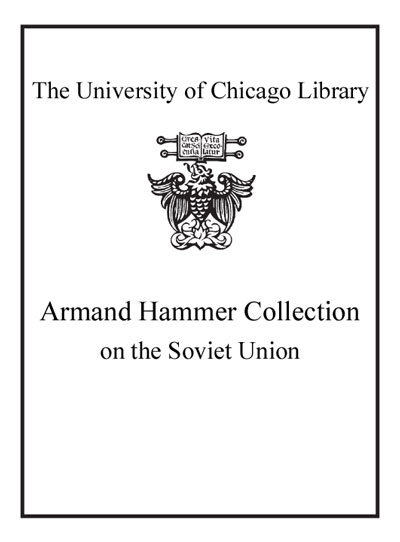Review by Choice Review
Molchanov (Carleton Univ.) provides a broad historical survey of the development of Russian and Ukrainian national identities. He adopts a loose political culture approach, the main argument of which seems to be that the two national identities emerged and evolved in a mutually interdependent fashion. Based on the author's PhD dissertation at the University of Alberta, the book starts with a handy literature survey, followed by a series of broadly chronological chapters, but with some duplication of historical references as they deal with Russian and Ukrainian nationalism in turn. Ukrainian identity is hampered by the lack of statehood, while Russian identity suffers from having a too-powerful state. Ukrainian nationalism post-1991 is characterized, plausibly, as "a middle-management response to the collapse of central authority," although it also came to be seen as part of Westernization. Molchanov is suspicious of the Ukrainian nationalist project. The fact that he confines discussion of the 1933 famine to a footnote (in which he argues against the "myth" that it was driven by genocidal intent) raises a question about his objectivity. Quite a few monographs are devoted to Russian or Ukrainian nationalism; it is unclear what value is added by putting the two narratives into a single volume. ^BSumming Up: Optional. Upper-division undergraduates and above. P. Rutland Wesleyan University
Copyright American Library Association, used with permission.
Review by Choice Review


